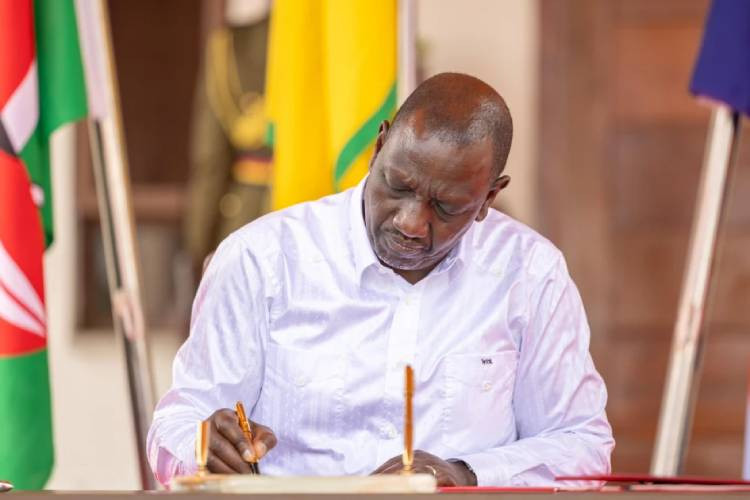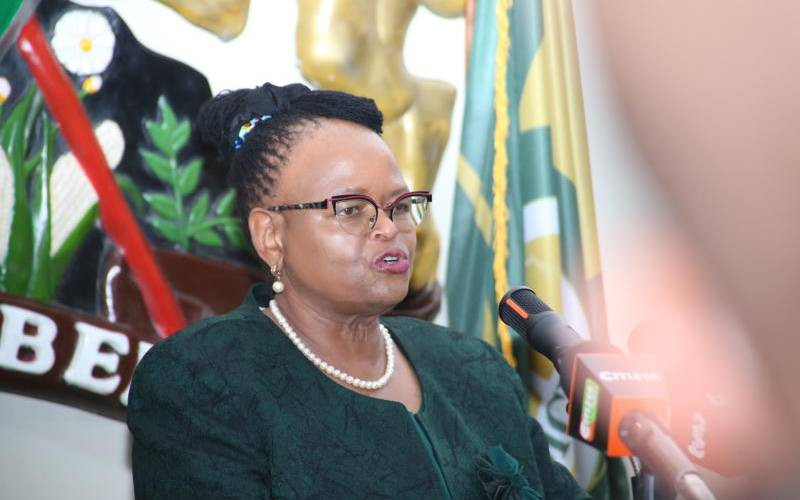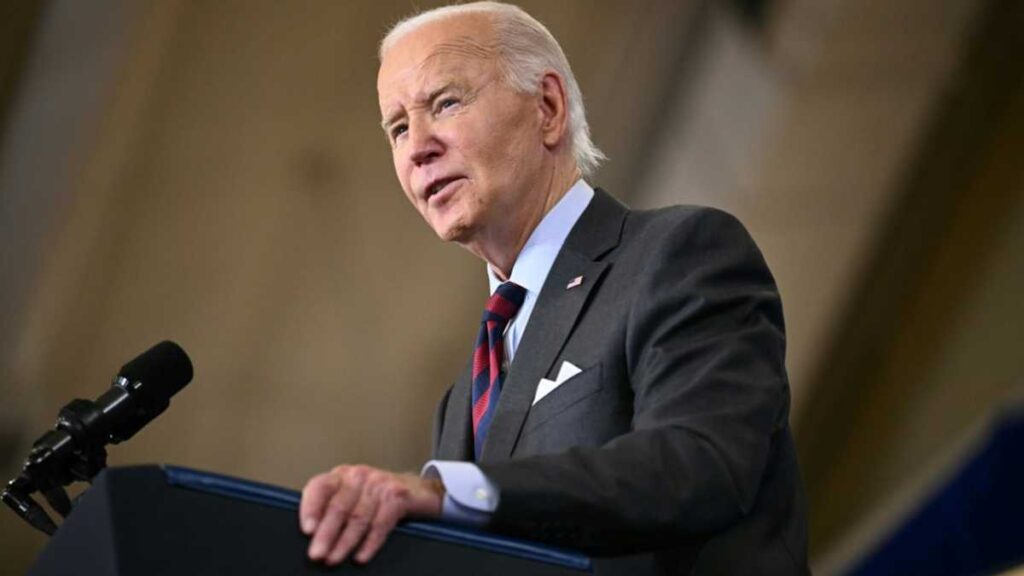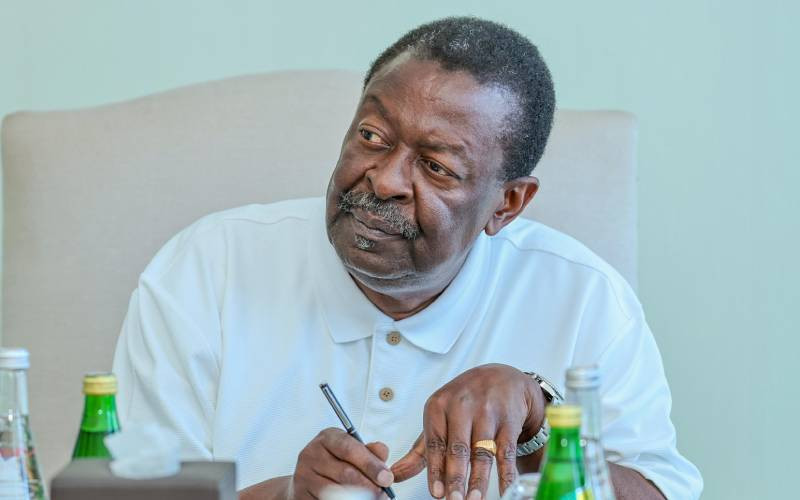The Judiciary has recorded major milestones in its transformation journey since the promulgation of the constitution, from the reconstitution of the commission, fighting corruption, to the digitisation of services.
While speaking at the commemoration of Katiba at 15, Chief Justice Martha Koome outlined various achievements made by the judiciary.
She gave details of the great transformation since the constitution of the Judicial Service Commission (JSC) in 2010, mandated to oversee judicial appointments and discipline, to judicial independence today.
Back then, the judiciary was under Executive control, where the President had the unilateral power to appoint judges.
JSC was deliberately diversified with representation from judges, advocates, and the public, ensuring transparency and collective accountability.
Since the promulgation of the 2010 Constitution, she says, judicial reforms have been guided by successive principles under the Judiciary Transformation Framework(JTF) to the rebirth of the judiciary by prioritising institutional reform, transparency, and efficiency.
Judicial reforms have been implemented through three phases: the Judiciary Transformation Framework (2012–2016), Sustaining Judiciary Transformation (2017–2021), and the current Social Transformation through Access to Justice, which emphasises people-centred justice and the use of technology.
“We champion a very bold shift in reforms, towards people-centred justice, towards a multi-door approach to the delivery of justice, towards leveraging on technology and innovation in the dispensation of justice, and ensuring that we widen the door of justice for the vulnerable and the marginalised who have historically been excluded from access to justice,” Koome remarked.
She celebrated the strengthening of judicial independence as a major achievement of the reforms made.
The CJ highlighted landmark rulings, citing presidential election petitions, the Building Bridges Initiative case, recognition of LGBTQ rights, recent decisions on inheritance rights for children born out of wedlock, and the Senate’s oversight powers over governors.
Koome further clarified the controversy about who can oversee the governors between the county assemblies and the national government.
“In 2022, the Supreme Court affirmed that the Senate is constitutionally empowered to summon governors to appear before it or its committees to answer questions and provide information regarding county finances. The court further clarified that both the Senate and county assemblies possess oversight authority over county revenue, whether derived from the National allocations or locally generated resources,” she noted.
She also pointed to expanded infrastructure, “Magistrates’ courts have increased from 111 to 143 stations, with our target being the establishment of Magistrates’ Courts in all the 290 constituencies. The Court of Appeal, which used to have a permanent bench holding Nairobi, now has permanent benches in Kisumu, Nyeri, Nakuru, and Mombasa, making justice more accessible,” she said.
The judiciary has also institutionalised specialised courts through the establishment of the environment and land courts, improving the handling of specialised disputes like land and labour matters.
Introduction of 40 small claims courts has further enabled the resolution of disputes involving less than 1 million shillings within 60 days, while Gender Justice Courts and children’s courts have ensured survivor-centred and child-friendly adjudication of matters.
Stay informed. Subscribe to our newsletter
In their quest for accountability, the judiciary has received several complaints against judges and judicial officers.
“The commission has processed a total of 946 petitions against judges; four judges have been removed from office over that period. We have 95 complaints which remain pending, most of which are at various stages of inquiry,” said Koome.
Additionally, 210 judicial staff have been dismissed from the service after due process established misconduct on their part.
Despite the major strides, the judiciary has raised concerns of intimidation through cyberbullying, disinformation, and inadequate funding.
“Despite the Judiciary’s vast mandate, presence of courts throughout the country and over 8000 members of staff, the judiciary receives less than 1pc of the national budget, far below the recommended 3pc,” Koome said.
The judiciary is now working closely with relevant law enforcement agencies and rights groups to fight corruption while promoting mediation to build harmony and peace within families and communities.

























